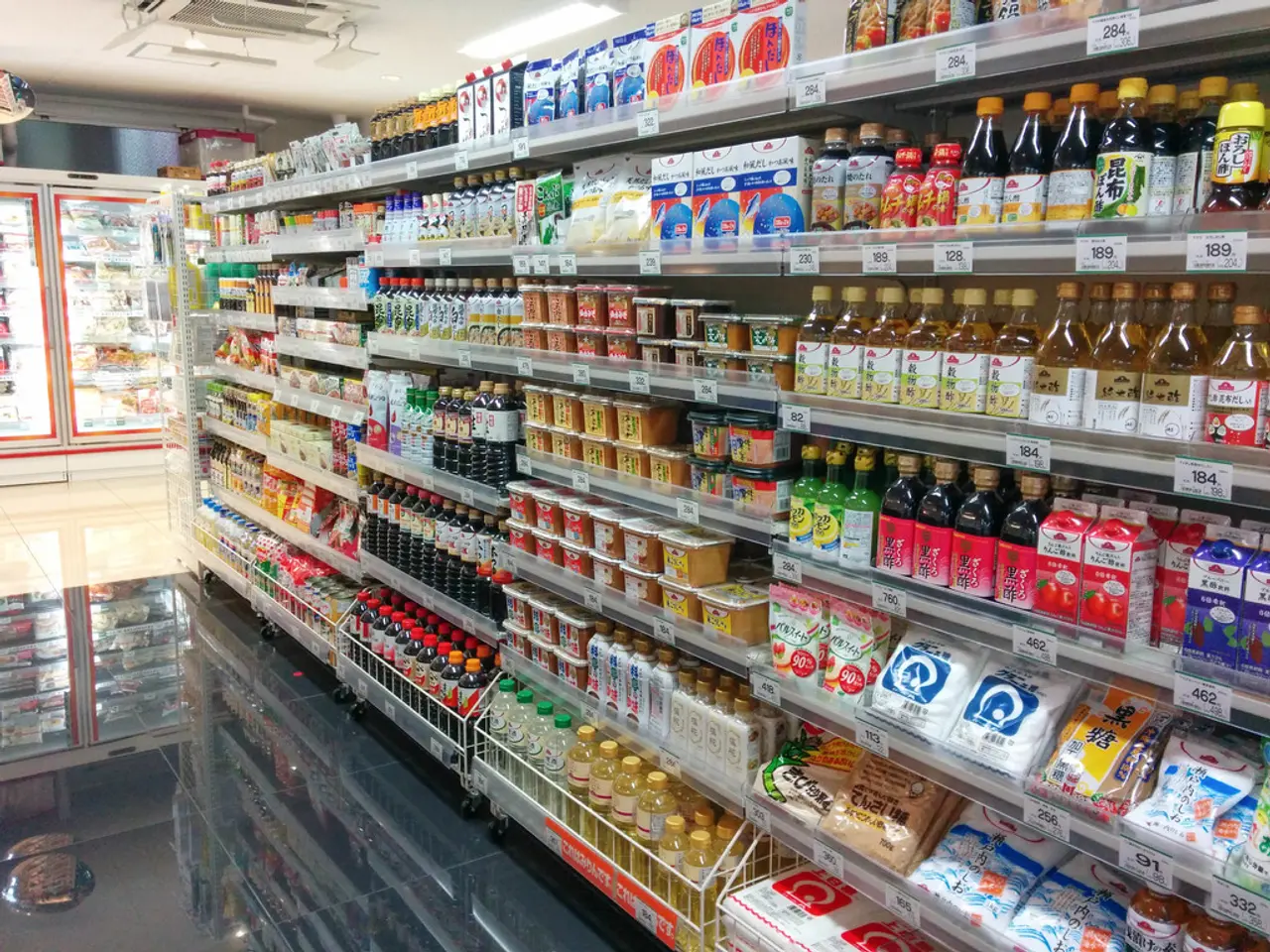Enterprise decisions on reshoring and friendshoring strategies are shaped by global politics
In a time of escalating geopolitical complexity, internationalized companies in Lombardy, a key economic hub in Italy, are adjusting their strategies to maintain competitiveness and resilience. A survey conducted by Confindustria Lombardia, Assolombarda, and other territorial associations, in collaboration with Ispi and Sace, sheds light on these shifts.
The survey, which considered the responses of over a thousand already internationalized companies, reveals that geopolitical scenarios are the most influential factor in medium to long-term strategic choices for 65.5% of the sample. This is a reflection of the increased geopolitical volatility that companies are facing, with regulatory divergence, trade conflicts, cybersecurity threats, military actions, and economic sanctions posing significant challenges.
One of the key areas affected is the supply chain. Around 30% of the sample has had to review their own supply chains, while 14.4% of the sample has replaced one or more foreign suppliers last year. Interestingly, 51.1% of those who have changed their supply networks have replaced a foreign partner with one in Europe, Italy, or Lombardy. Furthermore, 27.7% of those who have changed their supply networks have chosen new extra-EU suppliers, mainly in the United States or Asia.
The survey also highlights a shift towards proactive risk management. Flexibility factors are indicated by 22% of the companies interviewed, while 26.1% of companies manage procurement more carefully and 28.1% of companies evaluate counterparties more carefully. Cost containment is a significant concern for 61% of the companies, with accessibility to critical raw materials the third most influential factor, according to 18.1% of the sample.
In response to these challenges, companies are adopting holistic geopolitical risk strategies. This includes scenario planning, real-time intelligence monitoring, and strengthening resilience against cyber and regulatory shocks. Seven out of ten companies have modified their strategies due to geopolitical scenarios, with 30.5% of companies increasing the centrality of internationalization activities.
The survey also reveals a growing focus on sustainability. 5.7% of companies choose suppliers that respond to sustainability criteria, while cost containment remains a key concern for the majority of companies.
In the current historical phase of great uncertainty, foreign policy has become significantly determinant. The survey was designed to understand the role of foreign policy in the strategic choices of internationalized companies in this context. The top four countries for Lombardy's exports in 2024 are Germany, France, the United States, and Spain, in that order.
These findings underscore the need for companies in Lombardy to consider the elevated geopolitical risks along with the dynamic EU regulatory environment and global supply chain pressures to sustain growth and innovation. They may need to adopt holistic geopolitical risk strategies, including scenario planning, real-time intelligence monitoring, and strengthening resilience against cyber and regulatory shocks, to navigate this complex landscape.
Sources: 1. Geopolitical Risks and the Role of Chief Geopolitical Officers 2. Geopolitical Risks and the Fragmentation of Global Operations 3. The Impact of Geopolitical Risks on Internationalized Companies 4. Geopolitical Risks and the Need for Holistic Strategies
- To address the escalating geopolitical complexity, many internationalized companies in Lombardy are shifting their strategies, focusing on holistic geopolitical risk strategies, such as scenario planning, real-time intelligence monitoring, and strengthening resilience to cyber and regulatory shocks.
- In this period of great uncertainty, the survey highlights a growing focus on sustainability, with some companies choosing suppliers based on their response to sustainability criteria, while still prioritizing cost containment.




